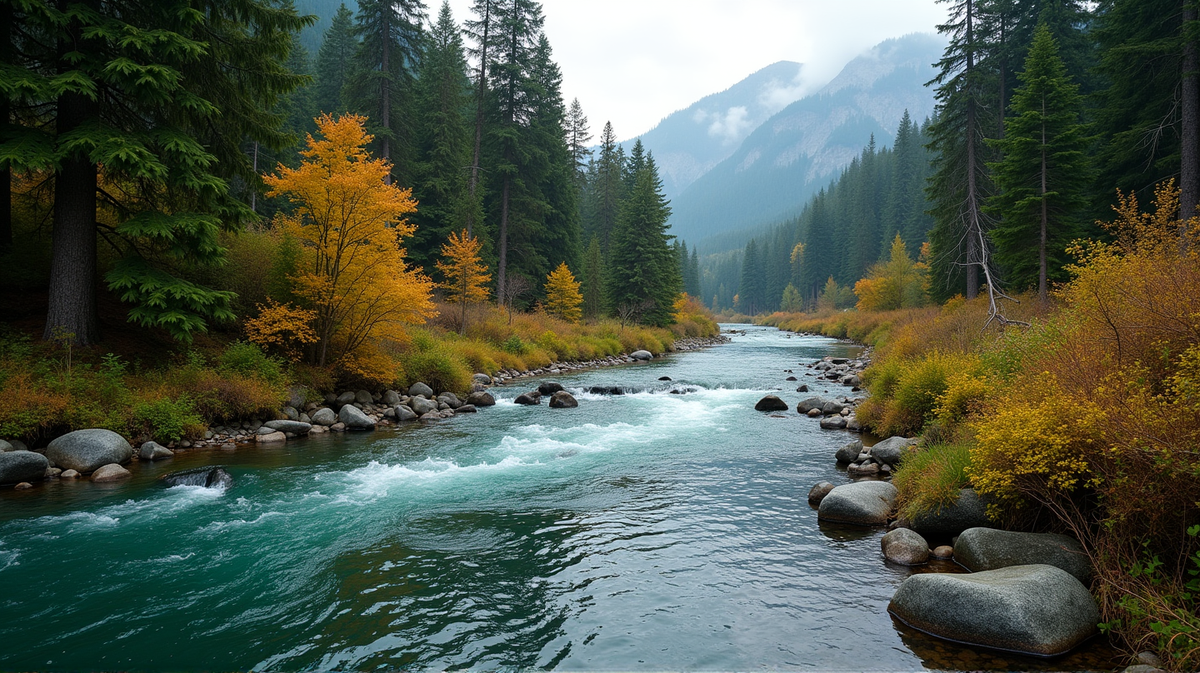Victory for Salmon: DFO Stops Gravel Mining in B.C. Creek
DFO halts gravel mining in a salmon habitat, raising concerns over delayed action and environmental impacts.

Conservation groups and environmentalists are rejoicing after Fisheries and Oceans Canada (DFO) announced a halt to gravel mining in a crucial salmon-bearing creek near Mission, B.C. This significant action follows an uproar by concerned biologists, who discovered devastating impacts on local ecosystems.
Critical Intervention
Biologists John Werring and Marvin Rosenau highlighted the extent of damage following their discoveries in December. A once-thriving salmon spawning bed had fallen silent due to gravel removal that left it parched and lifeless. This gravel was being extracted mainly to protect a rail bridge of the Canadian Pacific Kansas City Railroad, but the impact was more profound than initially perceived.
A Fight for Nature
Rosenau passionately stated, “It dewatered this massive wetland along with salmon spawning and rearing areas.” Until now, myriad attempts to alert the government seemed to fall on deaf ears. As the clock ticked, the pair’s persistence only grew stronger.
Triumph of Legal Action
Their breakthrough came after involving Ecojustice, whose lawyers sent a crucial demand letter, finally drawing necessary attention to the issue. This legal nudge proved pivotal, persuading DFO to act decisively by halting further gravel mining without explicit approval. According to Global News, this move marks a small but crucial victory for the environment.
Cooperation Amid Cessation
In a recent communication with Global News, CPKC acknowledged its partnership with DFO to create a remediation plan to revive the stream and confirmed that no gravel will be removed this summer. This collaborative approach brings a glimmer of hope for restoring the delicate ecosystem balance.
Guarding Our Natural Treasure
The heart of this battle lies not just in preserving the environment but also ensuring due diligence and timely actions from government authorities. While Rosenau acknowledges this as a giant first step, he resembles a cautionary vigil, understanding the path to full ecological recovery remains long.
The story underscores the power of persistent voices for nature and how, with unwavering determination, change can be realized. As Rosenau poignantly remarks, “Every bit of gravel saved today might just be a salmon’s home tomorrow.”





